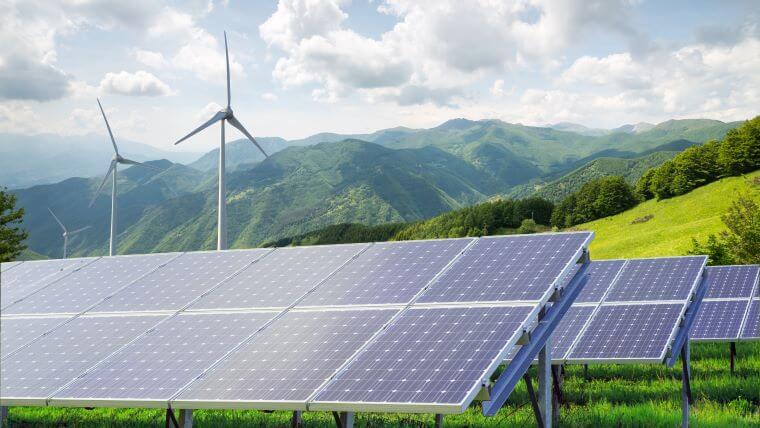The News: News out of COP26 in Glasgow this week includes an announcement by the Sustainable Aviation Buyers Alliance (SABA) of the Aviators Group. Amazon Air has partnered with U.S. airlines JetBlue, United Airlines, and Alaska Airlines to become founding members of the Aviators Group, with a mission to “drive investment in high-integrity sustainable aviation fuels and accelerate the transition to net zero emissions air transport.” Read the full press release from RMI here.
Amazon Air and U.S. Airlines Become Founding Members of New Aviators Group Committed to Driving Investment in Sustainable Aviation Fuels
Analyst Take: Amazon’s aviation unit, Amazon Air, along with major U.S. airlines Jet Blue, United Airlines, and Alaska Airlines, have become founding members of a new organization called the Aviators Group. This alliance is intended to help speed the development of sustainable aviation fuels (SAF) intended to help decrease emissions in air transport. Unlike fossil jet fuel, SAF comes from waste feedstocks or can be produced from other renewable sources.
This initiative arose out of the commitment by the Sustainable Aviation Buyers Alliance (SABA) to both increase the supply of sustainable fuel and lower the cost of SAFs as quickly as possible. Launched in April of 2021, SABA was created by The Environmental Defense Fund and the Rocky Mountain Institute (RMI). The alliance thus far includes Salesforce, Microsoft, Boston Consulting Group, Bank of America, JPMorgan Chase, McKinsey & Company, Deloitte, Netflix, and Boeing, all of whom are committed to support an increasing market demand for SAFs. Transitioning to SAFs is, however, a lofty goal and one that will require extensive investment. Today only 0.1% of jet fuel is SAF — and that lack of adoption is largely due to the fact that cost is a significant barrier and there is not yet reliable, centralized demand.
This partnership between the public and private sector to tackle production and supply issues related to SAFs and move forward efforts to reduce greenhouse gas emissions is significant — aviation emissions are currently equivalent to the sixth largest country’s emissions, and almost 2.5% of global emissions are caused by air travel. In case you’re wondering what country that is, wonder no more, it’s Australia. The major U.S. airlines have agreed to a target industry wide of 3 billion gallons of SAF use by 2030.
Given Amazon’s massive fleet of cargo airlines and its commitment to reducing its carbon footprint in myriad ways, the company’s involvement here is not surprising. A growing demand for SAFs, a commitment by major industry players to invest and innovate in order to make it happen, all bode well for our collective and somewhat urgent need to reduce reliance on carbon. Looking forward to good things ahead from the Aviators Group initiative.
Good Equals Progress provides industry research and analysis on the topics of Environmental, Social, and Governance (ESG) and Diversity, Equity, and Inclusion (DEI). These columns are for educational purposes only and should not be considered in any way investment advice.
The original version of this article was first published on Futurum Research.
Image Credit: flysaba.org












